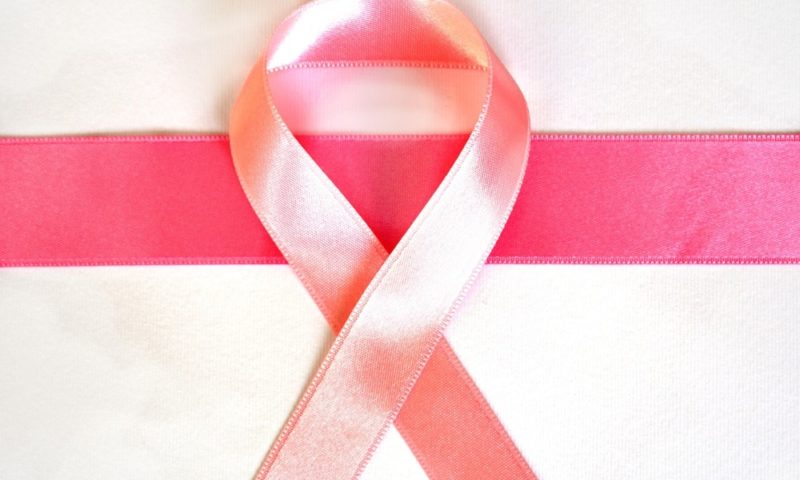October marks breast cancer awareness nationwide. This month calls on all of us to do our part in sharing breast cancer education, prevention tips, support for patients and funding for a cure.
Did you know that breast cancer is linked to excess weight? Excess weight, poor diet and lack of physical activity are associated with an increased risk of breast cancer in postmenopausal women. With 70% of postmenopausal women in the U.S. estimated to have excess weight or obesity, this is cause for concern.
Connecting Obesity and Breast Cancer
Excess weight is actually a risk for many cancers, breast cancer included. The relationship works by influencing factors that also affect cancer in postmenopausal women including:
- Insulin resistance
- Changes in levels of sex hormones
- Chronic inflammation
The link, however, is less clear in pre-menopausal women. What we do know, though, is that it’s not uncommon for women with a breast cancer diagnosis to gain weight. Unfortunately, this can lead to weight-related conditions like heart disease and diabetes. In turn, after surgery, a patient is at increased risk for infection, poor healing, lymphedema, fatigue and other challenges.
Risk Factors for Breast Cancer
When it comes to our risk for cancer, some factors are in our control while others are not.
What You Cannot Change:
- Your gender (breast cancer is 100 times more common in women than in men)
- Your age (most cases occur in women 55 and older)
- Your genetics (5-10% of cases are thought to be due to genes)
- Your family history (risks are higher if a relative has breast cancer)
What You CAN Change:
- Your alcohol intake
- Your weight, to some degree
- Your activity levels
- Your diet
What You Can Do for Prevention:
- See your healthcare provider (HCP) regularly for breast exams and screenings
- Work at managing your weight
- Do aerobic activity at least 150 mins/week at a moderate intensity or 75 mins/week at a higher intensity, plus muscle strengthening exercises at least twice per week
- Limit your alcohol intake to a couple drinks/week or less
- Talk to your HCP about your family history and lowering your risk
Treatment and Weight Management
Thanks to the hard work and dedication of others, survival rates for patients with early-stage breast cancer have risen. A woman who is diagnosed early has a 98% chance of being cancer-free five years later. 10-15 years after treatment, survival rates are still more than 77%.
Many care/treatment plans recommend weight-loss via diet and exercise if the patient has early-stage cancer and a high BMI. However, a safe rate is no more than two pounds per week and must be approved by an oncologist (cancer specialist).
For some patients, however, weight-loss may not be advised until later on once chemotherapy, radiation and/or surgery are complete. In such cases, the patient will likely be advised to focus on preventing weight gain through lifestyle efforts and rebuilding muscle mass.
Of course, some patients lose weight with treatment without trying to. Weight-loss of this kind should always be addressed with a HCP. It can result in nutrient deficiencies, extreme fatigue and a weakened immune system, all of which can make a cancer diagnosis worse.
The Bottom Line
The relationship between weight and breast cancer is complex. However, it has been shown that weight-loss and weight maintenance through healthy eating, a balanced diet and regular exercise can help manage or prevent it. They can drastically improve survival rates and recovery.
If you have excess weight and/or cancer, visit your HCP regularly for exams and treatment. You should also find a support system to encourage and guide you on your health journey. If you have a loved one struggling with one or both of these, your support may greatly help them.
For more information on excess weight and breast cancer, please CLICK HERE.






